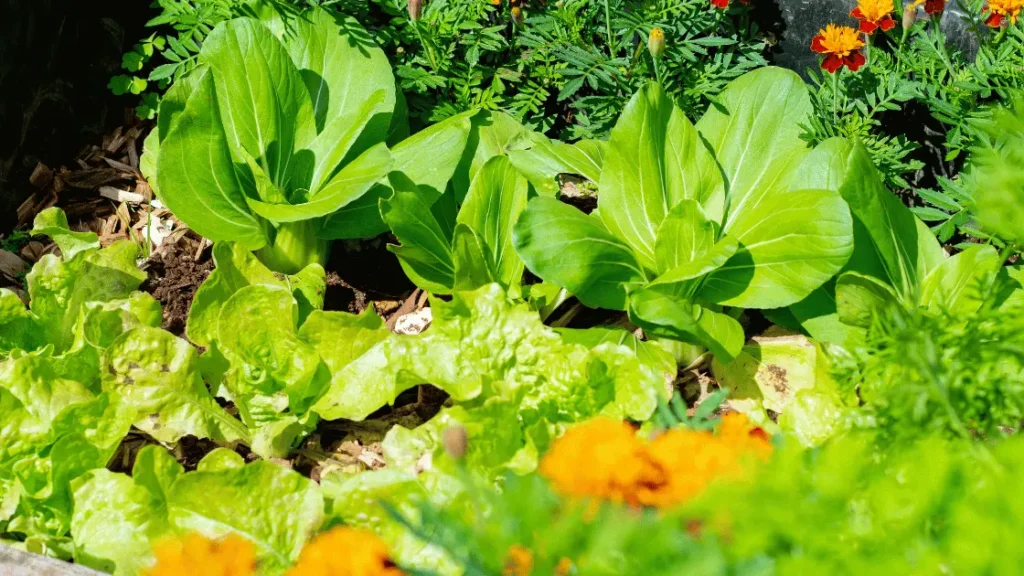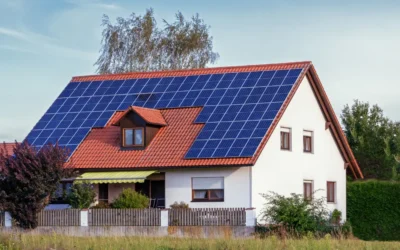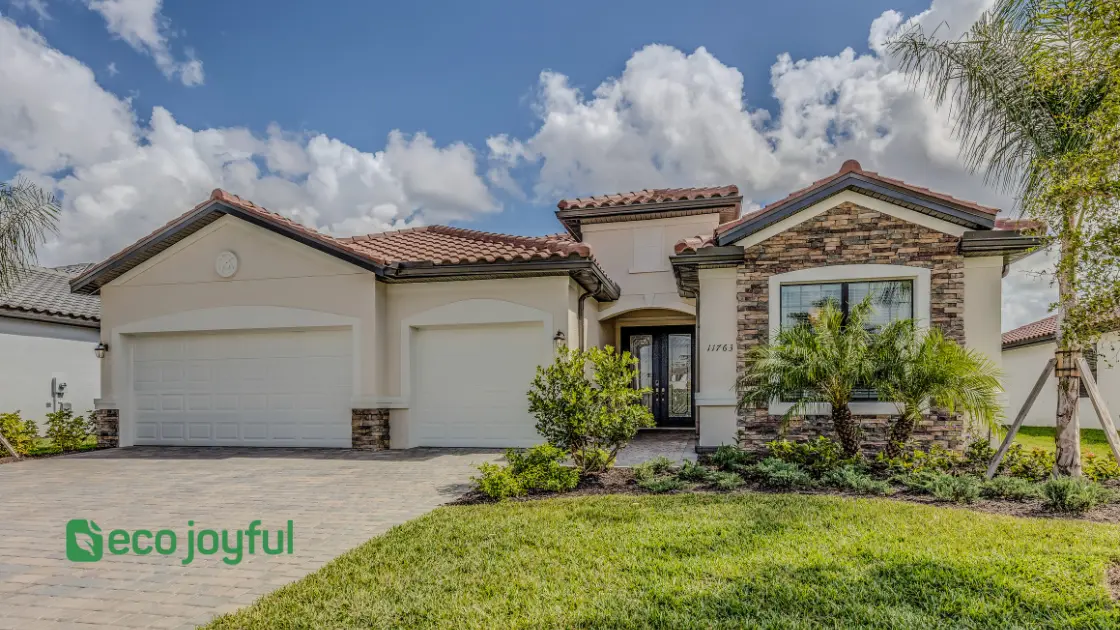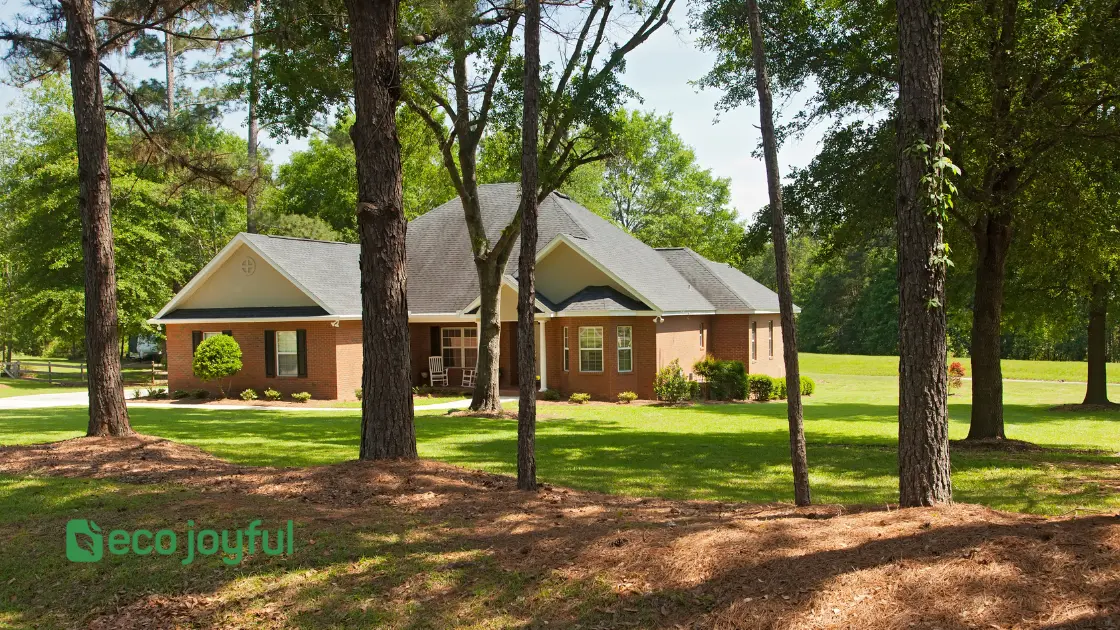Off grid living in Florida offers a sustainable lifestyle, detached from the traditional power grid and focused on self-reliance and environmental consciousness. Living off-grid in Florida presents unique challenges and opportunities due to the state’s warm climate, abundant sunshine, and diverse ecosystems.
From harnessing solar energy and rainwater collection to using composting toilets and growing hydroponic gardens, Floridians seeking an off-grid lifestyle can find innovative ways to thrive while minimizing their environmental impact. With its sandy beaches, lush landscapes, and vibrant communities, Florida offers a picturesque backdrop for those wishing to embrace a self-sufficient and sustainable way of life.
Table of Contents
Benefits of Grid Living
Living off the grid in Florida offers a multitude of benefits that make it an attractive lifestyle choice. From environmental sustainability to reduced utility costs and self-sufficiency, experiencing the wonders of off grid living in the Sunshine State can enhance your overall quality of life.
Environmental Sustainability
One of the primary benefits of off grid living in Florida is the positive impact it has on the environment. By disconnecting from the traditional power grid and utilizing sustainable energy sources such as solar panels and wind turbines, you can significantly reduce your carbon footprint.

This not only helps to preserve the natural beauty of Florida’s diverse ecosystems but also contributes to the global effort to combat climate change.
Reduced Utility Costs
Another advantage of off grid living in Florida is the significant reduction in utility costs. By generating your own electricity through renewable sources, you eliminate the need to pay high monthly bills to utility companies.

With Florida’s abundant sunshine, solar power is an especially viable and cost-effective option. By minimizing reliance on external resources, you can save a substantial amount of money in the long run while enjoying the same comforts of modern living.
Self-sufficiency
Living off the grid in Florida empowers you to become self-sufficient, a valuable skill set in an increasingly uncertain world. By growing your own food, collecting rainwater, and managing your energy consumption, you can rely less on external systems and become more self-reliant.
This self-sufficiency not only provides a sense of accomplishment but also allows you to thrive even in situations where traditional infrastructure may be compromised or unavailable.
Challenges Of Off Grid Living
Living off the grid in Florida presents unique challenges, including dealing with extreme weather conditions, sourcing reliable water and power, and navigating building regulations. However, the rewards of a sustainable and self-sufficient lifestyle make overcoming these obstacles worth it.
Living off the grid in Florida comes with its unique set of challenges. While the idea of being self-sufficient and disconnected from the grid may sound appealing, it requires careful planning, adaptation, and a significant initial investment to overcome the hurdles that off-grid living presents. In this section, we will explore three major challenges faced by those who choose to embrace the off-grid lifestyle in the Sunshine State.
Initial Investment
Choosing to live off the grid in Florida demands a substantial initial investment. You’ll need to consider the costs of setting up solar panels, wind turbines, or other renewable energy systems to power your home. While these initial costs may seem intimidating, they provide long-term financial and environmental benefits.
By reducing your reliance on traditional power sources, you can cut down on utility bills and enjoy energy independence. The initial investment for an off-grid system varies based on the size of your home and your energy consumption needs.
Limited Access To Amenities
One of the challenges faced by off-grid dwellers in Florida is the limited access to amenities that most people take for granted.
While living off-grid provides a sense of freedom and self-sustainability, it also means being farther away from grocery stores, medical facilities, and other essential services. Access to clean water can also be a concern, as off-grid homes often rely on rainwater collection systems or wells.
However, with careful planning, creating a sustainable and well-stocked pantry, and exploring alternative transportation options, these challenges can be manageable.
Maintenance And Troubleshooting
Maintaining an off-grid system and troubleshooting any issues that may arise with your energy sources can be a challenge for those living off the grid in Florida.
Unlike grid-connected homes that can simply call a utility company for assistance, off-grid dwellers must be self-reliant when it comes to system maintenance and problem-solving.
This means staying well-informed about your energy system, keeping spare parts on hand, and having backup plans in place for unexpected breakdowns.
Regular system checks and proactive maintenance are essential to ensure that your off-grid system continues to function efficiently.
Off Grid Living In Florida
Living off the grid in Florida offers a unique way to embrace sustainable and self-sufficient living. With abundant sunshine, favorable weather, and an environmentally conscious community, Florida is an excellent location for those seeking an off-grid lifestyle.
From harnessing solar power to managing water and waste, this blog post explores the key aspects of off-grid living in Florida.
Solar Power Systems
Florida’s sunshine is a valuable resource for off-grid living. Solar power systems are an essential component of sustaining an off-grid lifestyle. By harnessing the sun’s energy through photovoltaic panels, you can generate clean, renewable electricity for your home.
Installing solar panels allows you to reduce your reliance on the grid and decrease your carbon footprint. Moreover, taking advantage of solar energy in Florida can lead to significant cost savings, considering the state’s favorable solar incentives and net metering policies.
Water And Waste Management
Off-grid living requires careful management of water and waste resources. In Florida, where water conservation is crucial, implementing efficient water management strategies is essential. Rainwater harvesting is a popular practice among off-grid enthusiasts.
Collecting rainwater can provide a sustainable and cost-effective solution for meeting your water needs. Additionally, utilizing eco-friendly waste management systems such as composting toilets and greywater recycling can minimize your environmental impact while allowing you to maintain a self-sufficient lifestyle.
Building Regulations And Permits
When it comes to off-grid living in Florida, understanding the building regulations and permits is vital. Each county may have different regulations regarding off-grid homes, which is why it’s essential to research and comply with all applicable codes. Building permits and inspections ensure that homes meet safety standards and adhere to local guidelines. Working with professionals who specialize in off-grid construction and have experience navigating the permitting process can help ensure a smooth and legally compliant off-grid home-building experience.
Conclusion
Embarking on an off-grid lifestyle in Florida offers a unique opportunity to embrace self-sufficiency and connect with nature. By harnessing solar power, conserving water, and utilizing sustainable resources, you can reduce your carbon footprint and live in harmony with the environment.
Additionally, the state’s sunny climate and abundant natural resources make it an ideal location for off-grid living. So, why wait? Start your journey towards a more sustainable and fulfilling life in the beautiful sunshine state of Florida.









